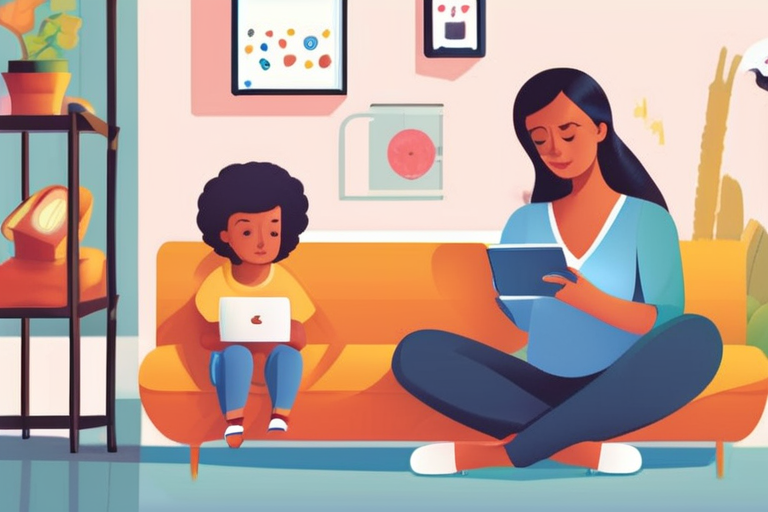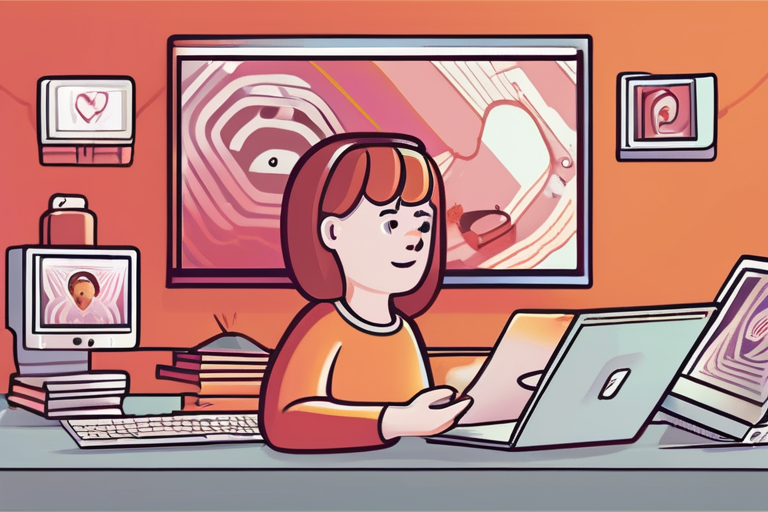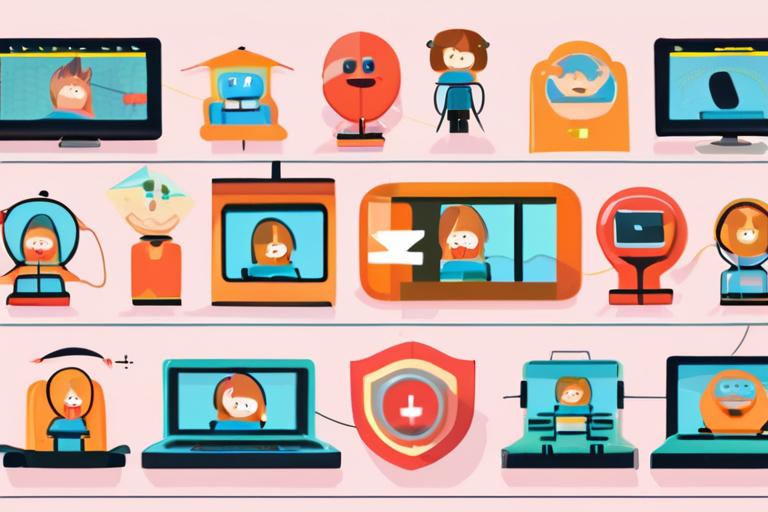A recent study published in 2024 found that parents' screen time is a strong predictor of their children's screen time, highlighting the need for parents to set better tech boundaries for themselves in order to reduce their children's screen obsession. According to the study, parents who limit their own screen time are more likely to have children who also limit their screen time.
Psychologist Jean Twenge, author of the book "10 Rules for Raising Kids in a High-Tech World," emphasizes the importance of parents being role models for their children. "If you don't want your teens to be looking at their phones at the dinner table, you should not be taking out your phone at the dinner table either," Twenge said. This approach encourages parents to set a good example by limiting their own screen time, especially during family activities such as dinner.
The study reveals that parents' screen time habits have a significant impact on their children's screen time habits. When parents are glued to their screens, their children are more likely to follow suit. This can lead to a vicious cycle of screen obsession, where children spend more and more time on their devices, potentially affecting their physical and mental health.
In order to break this cycle, parents can start by setting boundaries for themselves. This may involve designating screen-free zones in the home, such as the dinner table or living room, and establishing screen-free times, such as during meals or before bed. Parents can also model healthy screen use by engaging in activities with their children that do not involve screens, such as reading, playing games, or going for a walk.
Experts recommend that parents use technology to their advantage by setting up screen time limits and tracking their children's screen time. Many devices and apps offer built-in features that allow parents to monitor and control their children's screen time. For example, Apple's Screen Time feature allows parents to set time limits, schedule downtime, and receive reports on their children's screen time.
As the study highlights the importance of parents being role models for their children, experts emphasize the need for parents to take a proactive approach to managing their own screen time. By setting better tech boundaries for themselves, parents can help their children develop healthy screen use habits and reduce the risk of screen obsession.
In conclusion, the study's findings emphasize the need for parents to be mindful of their own screen time habits and to set better tech boundaries for themselves in order to reduce their children's screen obsession. By modeling healthy screen use and setting limits on their own screen time, parents can help their children develop healthy habits and reduce the risk of screen-related problems.


























Share & Engage Share
Share this article